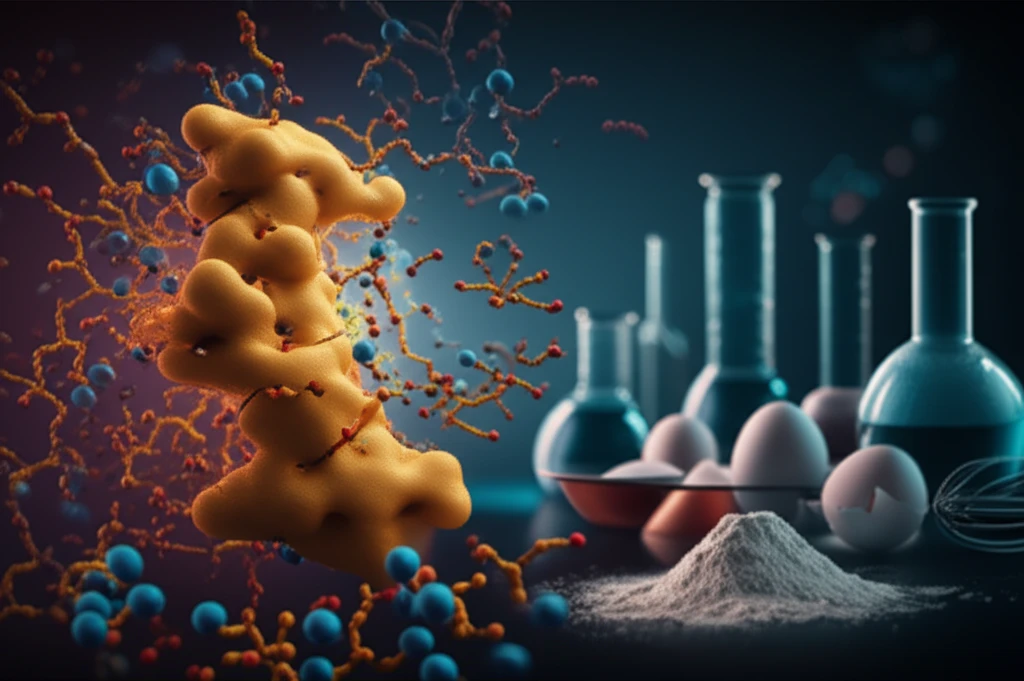
Unlocking the Power of Enzymes: A Deep Dive into Food Safety and Allergenicity
"Exploring the Science Behind a-Amylase: How This Enzyme Impacts Our Food, From Production to Potential Risks."
Food enzymes are the unsung heroes of the food industry, quietly working behind the scenes to make our food tastier, safer, and more efficient to produce. Among these enzymes, a-amylase stands out for its crucial role in starch processing and baking. But what exactly is a-amylase, and how safe is it for us to consume? This article dives deep into the science, the regulations, and the potential risks associated with this essential enzyme.
In this exploration, we'll unpack the safety evaluation of a-amylase produced from a genetically modified strain of Aspergillus niger (NZYM-SB). We'll examine the manufacturing processes, the potential for allergenicity, and the dietary exposure considerations. Our goal is to provide a clear, comprehensive understanding of a-amylase's role in our food supply.
This information is derived from a recent scientific opinion on the safety evaluation of this enzyme, ensuring that the insights are based on the latest research and regulatory standards. By the end, you'll have a well-rounded perspective on the benefits and potential concerns surrounding a-amylase in your food.
The Multifaceted World of a-Amylase: Production, Function, and Applications

a-Amylase is an enzyme that catalyzes the breakdown of starch, a complex carbohydrate found in many foods. Produced through fermentation using a genetically modified strain of Aspergillus niger, this enzyme plays a pivotal role in various food processing applications. Its primary function is to break down starch molecules into simpler sugars, like glucose and maltose, which are then used in many different products.
- Starch Processing: Used in the production of glucose syrups, vital for various food products.
- Alcohol Production: Facilitates the conversion of starch into fermentable sugars for alcoholic beverages.
- Baking: Improves dough texture, gas retention, and overall product quality in bread and other baked goods.
Navigating the Future of Food Enzymes
The assessment of a-amylase underscores the importance of rigorous scientific evaluation and transparent communication in the food industry. As technology advances and new food production methods emerge, ongoing research and regulatory oversight will be crucial to ensure the safety and well-being of consumers. This careful approach allows us to continue enjoying the benefits of food enzymes while addressing and mitigating any potential risks.
